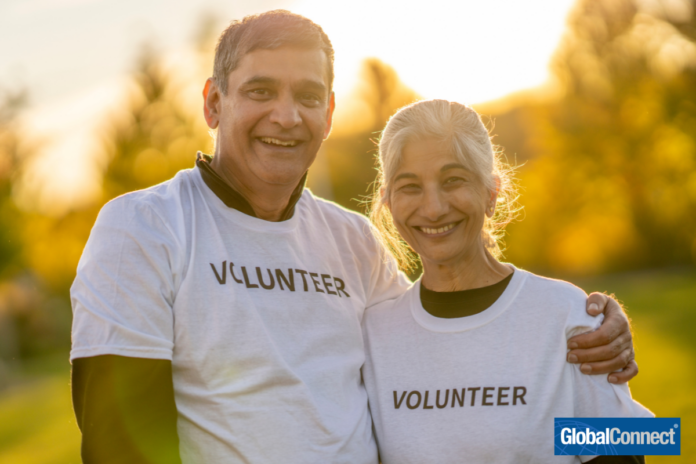Modern life rarely moves at a slow pace. There’s always something to do, an appointment to keep, or a never-ending task list. In this rush, it’s easy to overlook the importance of community and connection, especially as we age. But what if you could give back to your community while enhancing your own well-being? Volunteering offers a unique chance to do just that, providing emotional and physical benefits that can improve your quality of life.
The importance of community and human connection is crucial, particularly for older adults. As social circles shrink due to retirement, relocation, or the loss of loved ones, maintaining an active social life can be tough. Volunteering naturally addresses these challenges, creating opportunities to meet new people and build meaningful relationships.
The Research on Volunteering
A comprehensive study published in the National Center for Biotechnology Information (NCBI) explored the wide-ranging benefits of volunteering. This umbrella review examined multiple systematic reviews to provide a well-rounded perspective on how volunteering affects social, mental, and physical health. The findings are particularly insightful for older adults, who seem to benefit the most from these activities.
One of the most immediate benefits of volunteering is the sense of fulfillment it brings. Knowing that you are making a positive impact on others can boost your mood and overall sense of purpose. This is especially true for older women, as giving back can be incredibly empowering. It provides an opportunity to share life experiences and wisdom, fostering meaningful connections and friendships.
Volunteering not only enhances self-esteem but also offers a fulfilling way to find emotional rewards. Helping others often leads to increased satisfaction and happiness, while contributing to a cause adds a renewed sense of purpose. Moreover, volunteering encourages social connections by bringing together like-minded individuals, helping to alleviate feelings of loneliness and isolation.
Psychological Benefits of Volunteering
Volunteering can significantly boost our mood and self-esteem. Engaging in volunteer activities lowers depression scores while increasing happiness and satisfaction. For older adults, it often enhances self-worth and empowerment, contributing to better mental health overall.
Additionally, volunteering helps reduce anxiety and stress. Helping others releases endorphins, natural stress relievers that leave you feeling more relaxed. Regular volunteering can lead to greater life satisfaction, with many older adults reporting a more fulfilled and content daily life, promoting a positive outlook and improved mental well-being.
Physical Benefits of Volunteering
Engaging in various physical activities—from walking to lifting—helps improve overall health, mobility, and longevity, which often comes with the territory when volunteering. It also fosters functional independence, as many volunteers feel stronger and more capable of managing daily tasks—enhancing their quality of life.
Perhaps most compelling is the link between volunteering and reduced mortality risk; studies show that older adults who volunteer regularly tend to live longer than those who don’t. This advantage likely stems from a blend of increased physical activity, enhanced mental well-being, and the formation of stronger social connections.
In conclusion, volunteering not only enhances psychological and physical well-being but also fosters meaningful social connections, particularly for older adults seeking a more fulfilling life. The positive impacts are profound, creating a sense of purpose and community engagement that enriches both the volunteers and those they serve. If you’re looking for a rewarding way to give back, consider exploring local volunteer opportunities today—it’s never too late to make a difference in your community!


